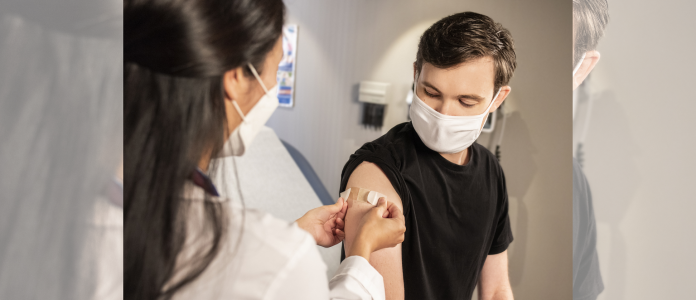Most sexually active people will contract Genital Human Papillomavirus (HPV) at some point in their lives, according to statistics, but many may not even know they have it.
This sexually transmitted disease is generally found in 15 to 59-year-old men and women, and can develop into all sorts of health issues, including cancer. Here are the facts you need to know:
- Start early: It is recommended for boys to get vaccinated as early as 11 or 12 years old, or before you start becoming sexually active as once you become sexually active, chances are you will be exposed to the virus;
- Condoms don’t protect you from HPV: The HPV virus is transmitted via genital contact, and there is a risk of the spread even while wearing condoms.
- You probably don’t know you have it: The virus can be dormant in your system for years, with symptoms only showing much later, so it is hard to pinpoint when you first developed the infection. That is why it is important to note that having HPV does not necessarily mean that your partner has been unfaithful to you.
- Most men never show symptoms: Often the infection will leave their bodies without them even knowing they have contracted HPV, however, there are potential symptoms to look out for on the penis, anus, scrotum, in your mouth, or throat:
- Warts (group of small bumps on your genital area that may even look like a cauliflower.)
- Unusual growths
- Lumps
- Sores
- It may lead to cancer: Cancer can develop when HPV has not gone away and if you have a weak immune system and/or partake in anal sex. The types of cancers are:
- Penile or anal cancer
- Oropharyngeal cancer (cancer of the back of the throat, including the base of the tongue and tonsils)
- No routine tests: There is currently no routine tests or screening that is recommended to find out if you have HPV, particularly if you have no symptoms, however there are anal Pap tests available to men who may be at a higher risk for anal cancer.
- Prevention is priority: There are also no specific treatments for the HPV infection itself, rather your healthcare provider will individually treat any symptoms that you may have. The best policy is prevention with the safe and effective vaccine.
Visit your nearest Dis-Chem for more information or to get your vaccine.
Advertisement






